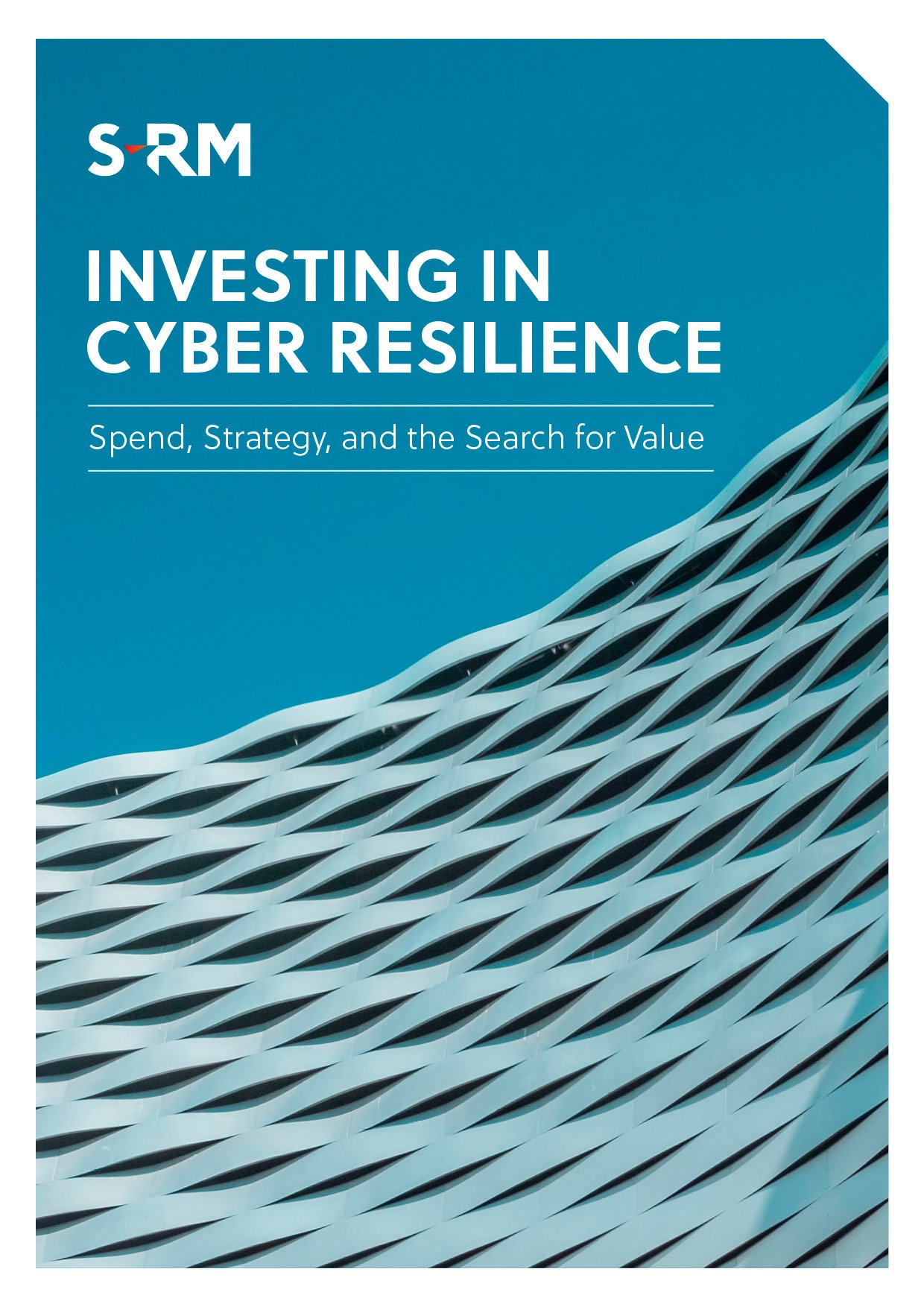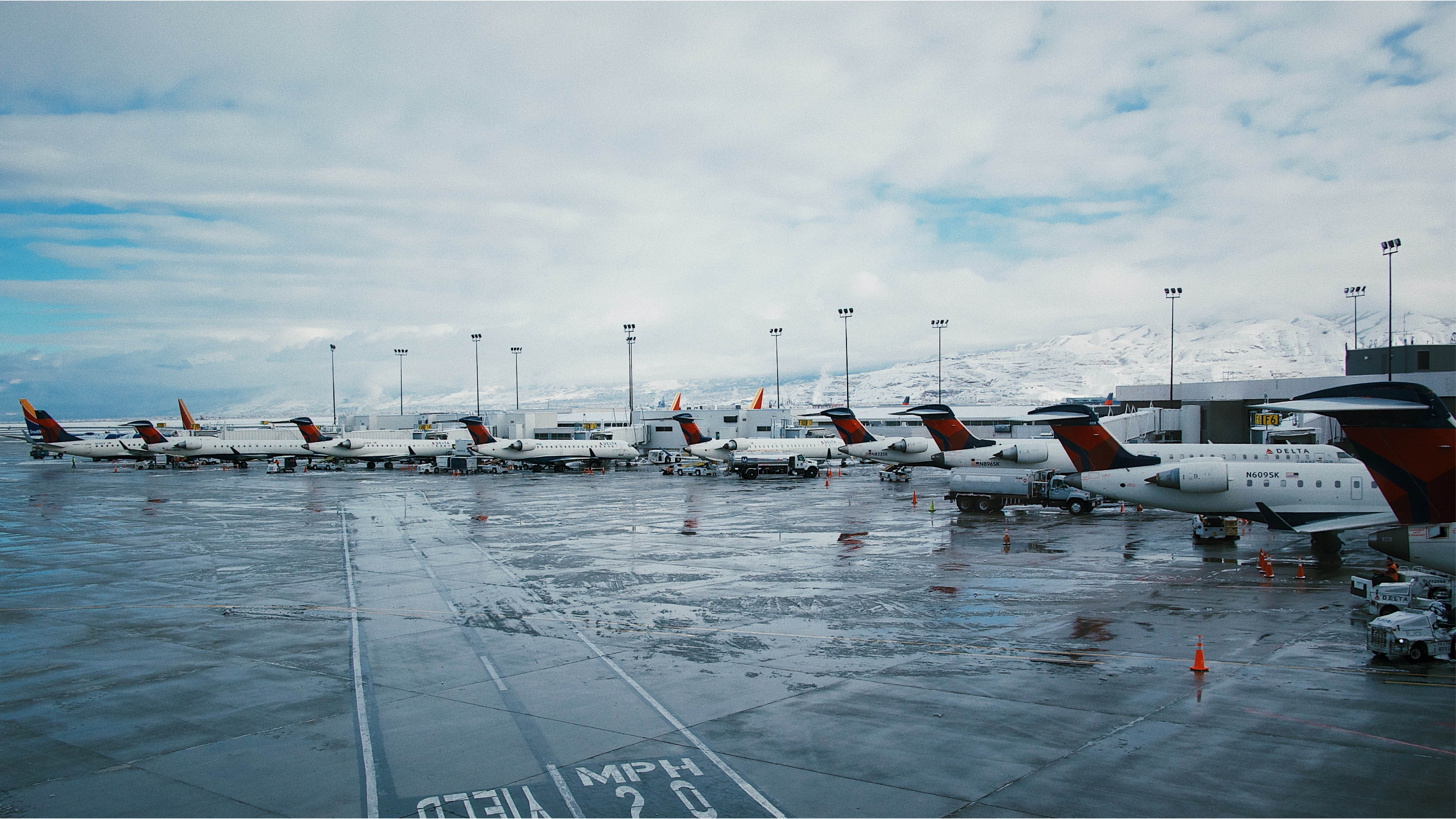The latest news from our regional desks about financial crime, corruption, sanctions, and integrity issues worldwide.
This month’s Red Flag Bulletin includes the following stories:
- Ukraine introduces new laws to make public procurement more transparent
- US prosecutors file new charges in a longstanding FIFA bribery case; and
- Australian bank Westpac braces for the largest fine in the country’s history for AML violations.
Americas
Ecuador: Former President Rafael Correa convicted of corruption and barred from election
In April, the Ecuadorian National Court of Justice sentenced Rafael Correa, former President of Ecuador (2007-17), to eight years in jail for corruption. Correa and 19 former public officials were found guilty of receiving USD 7 million in bribes from private firms in exchange for state contracts between 2012 and 2016. This conviction suspends Correa’s participation in politics for 25 years, and bars him from running for the presidency in 2021. Correa was sentenced in absentia, as he has been in exile in Belgium since the end of his presidency in 2017.
Venezuela: President Maduro appoints indicted drug trafficker as oil minister
Following the indictment of Nicolas Maduro, President of Venezuela, and 14 other current and former Venezuelan officials by US federal prosecutors on allegations of drug trafficking and corruption in March, Maduro has appointed one of these officials, Tareck El Aissami, as the country’s oil minister. El Aissami is currently second on the US Immigration and Customs Enforcement’s most wanted list. Maduro, El Aissami and the others stand accused of trafficking cocaine into the US with the support of Venezuelan state institutions, and in partnership with Fuerzas Armadas Revolucionarias de Colombia (FARC), a Colombian armed guerrilla movement. US authorities have nicknamed the cartel “Los Soles” in reference to the sun insignias affixed to the uniforms of high-ranking Venezuelan military officials. The US Department of State has offered rewards of up to USD 15 million for information leading to the arrest of Maduro and the other indicted individuals. The case was filed in the US District Court for the Southern District of New York.
Asia Pacific
China: Accounting scandals rock US-listed firms
In April, accounting scandals surfaced at two high profile Chinese firms listed in the US. Luckin Coffee announced that an internal investigation had revealed that its former COO had orchestrated a fraudulent scheme to inflate sales and expense figures since the second quarter of 2019, coinciding with the company’s listing on Nasdaq in May 2019. By the time its shares were suspended from trading, the coffee company’s share price had fallen by 83 percent. Securities lawyers have cast doubt on Luckin Coffee’s prospects of ever resuming trading on the Nasdaq exchange. Less than a week later, NYSE-listed TAL Education announced a smaller fraud involving an employee and affecting 3 to 4 percent of the company’s previously reported annual revenue. Short sellers have made similar allegations about GSX Techedu, another Chinese online education firm listed in the US, and video streaming company iQiyi.
Australia: Westpac braces for largest fine in Australian corporate history in money laundering probe
In April, Westpac Banking Corp announced that it would set aside AUD 900 million (USD 584 million) as a provision against a potential fine from ongoing legal proceedings into its alleged violations of Australian anti-money laundering rules. Though AUD 900 million would represent the largest fine in Australian corporate history, analysts have forecast that it may end up being “materially higher”. Among Westpac’s alleged failures was not identifying payment patterns with “child exploitation typologies” - frequent, low-value transfers to southeast Asian countries by customers with no apparent ties to the region. The case also highlights Westpac’s alleged failure to monitor overseas banks to which it offered correspondent banking services, including those operating in jurisdictions subject to sanctions. HSBC's Australian subsidiary and National Australia Bank may potentially face equivalent proceedings in future after reporting their own shortcomings to the regulator, AUSTRAC.
Europe
Italy, US: SEC charges Eni with FCPA violations
In April, the US Securities and Exchange Commission announced that Eni, Italy’s state-controlled oil and gas firm, had agreed to settle charges under the Foreign and Corrupt Practices Act (FCPA) relating to its conduct in Algeria between 2007 and 2010. While Eni, which is listed on the New York Stock Exchange, did not specifically admit or deny the charges, its USD 24.5 million settlement ends the SEC’s investigation. The regulator alleged that, between 2007 and 2010, Eni’s Algerian subsidiary, Saipem SpA, had paid around EUR 198 million to an intermediary in Switzerland. Saipem executives knowingly directed a portion of these funds to Algerian government officials or their designees in exchange for the award of oil contracts by Algeria’s state oil firm, Sonatrach. Eni settled similar charges in 2010, in connection with a bribery scheme in Nigeria.
Albania: Twenty former judges and prosecutors charged with corruption offences
On 8 May, prosecutors in Albania filed corruption charges against ten former judges, who previously served on the country’s supreme or constitutional courts, and ten other individuals who worked in district courts or prosecutors’ offices. Since a reform in 2016 aimed at ensuring judicial independence and stopping bribery, a large portion of Albania’s judges have been vetted and dismissed, causing dysfunction in Albania’s higher courts. The arrests follow the European Union’s announcement in March that it would open accession talks with Albania.
Russia/CIS
Russia, Qatar, US: Prosecutors file new charges in FIFA bribery case
In April, the US Department of Justice (DOJ) for the first time publicly accused representatives of the Russian and Qatari governments of bribing FIFA officials to secure rights to host the 2018 and 2022 World Cup football competitions. The new indictment, which charges four media and sports marketing entities with participation in a bribes-for-television rights scheme, also includes allegations that Rafael Salguero and Jack Warner, two FIFA executive committee members, received bribes of USD 1 and 5 million to support Russia’s bid. The allegations are part of a longstanding US criminal investigation opened in 2015, in which a total of 42 people have been charged to date. The DOJ has so far not disclosed the identity of the payers of the suspected bribes, although prosecutors claimed in 2019 that an unnamed Russian businessman was responsible. Both the Russian and Qatari authorities have consistently denied any wrongdoing. Later in the month, Switzerland’s federal prosecutor announced that it had dropped an investigation into former FIFA president Sepp Blatter, over allegations that he sold television rights for World Cup tournaments too cheaply.
Kazakhstan, UK: Court dismisses unexplained wealth order against Nazarbayev family
In April, the High Court in London discharged an Unexplained Wealth Order (UWO), which had been in place on three UK properties owned by the family of former Kazakh president Nursultan Nazarbayev since May 2019. The UK’s National Crime Agency (NCA) had been granted the order on the basis of allegations that the funds used to purchase the properties had been embezzled by the late Rakhat Aliyev, a former senior Kazakh government official-turned-dissident who died awaiting trial for murder in 2015. The presiding judge ruled that there was sufficient evidence that the Nazarbayev family had independently funded the acquisition of the properties through legitimate business activities and described the NCA’s claim as “unreliable”. The NCA stated that it would appeal the court’s decision.
Ukraine: New legislation introduced to increase transparency in public procurement
In April, several amendments to the Law on Public Procurement, passed by the Ukrainian government in December, came into force. Notably, the amendments decrease the threshold for a mandatory public procurement process, a measure which will result in an estimated additional 250,000 public tenders being open to market participants. In addition, all entities bidding on government contracts must now report their purchases from state organisations on ProZorro, the Ukrainian state’s online public procurement database, regardless of their value. ProZorro announced that it had significantly upgraded its system to accompany the legislative changes, including a new feature which detects atypically low prices, which may be a trigger for further investigation. The platform, which is publicly accessible online, has been praised as one of the key anti-corruption reforms introduced following the 2014 EuroMaidan Revolution, and has reportedly saved the Ukrainian state over USD 4 billion through its price control mechanisms so far.
Sub-Saharan Africa
DRC: Senior officials arrested for corruption under Félix Tshisekedi
In April, the chief of staff to Democratic Republic of Congo President Félix Tshisekedi, Vital Kamerhe, was detained over allegations that he irregularly awarded contracts and misappropriated funds from a USD 304 million infrastructure development programme. Having been considered a likely presidential successor to Tshisekedi, Kamerhe is the highest profile official to be arrested as part of an anti-corruption drive by the President, which saw former health minister Oly Ilunga Kalenga convicted in March. Kalenga was found to have embezzled more than USD 400,000 from the country’s Ebola response fund, and was sentenced to five years in prison.



 Email Martin
Email Martin




 @SRMInform
@SRMInform
 S-RM
S-RM
 hello@s-rminform.com
hello@s-rminform.com

